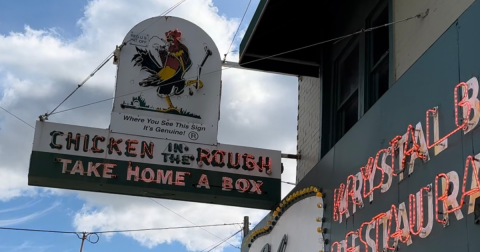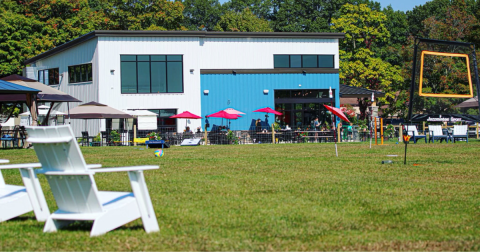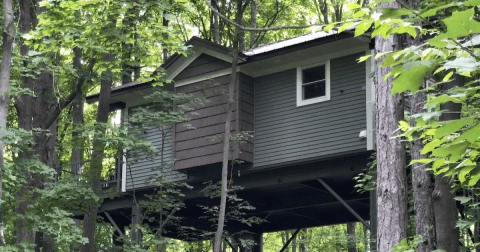Most People Don't Know The Meaning Behind These 15 Michigan Towns
So, you’ve lived here your whole life, have you? You have deep Michigan roots, right? Well have you stopped to consider what many of the places you’ve encountered your entire life mean? You probably know that Michigan has a long history with French and Native American culture. So it should come as no surprise that many of the places were know and love here have names with roots in either (or both) of those rich heritages.
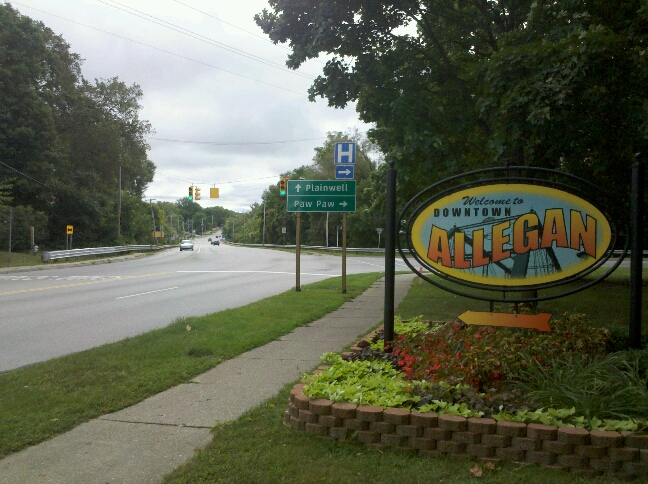
Scot Rumery/Flickr
This is one of those Henry Schoolcraft creations and signifies a lake or river.
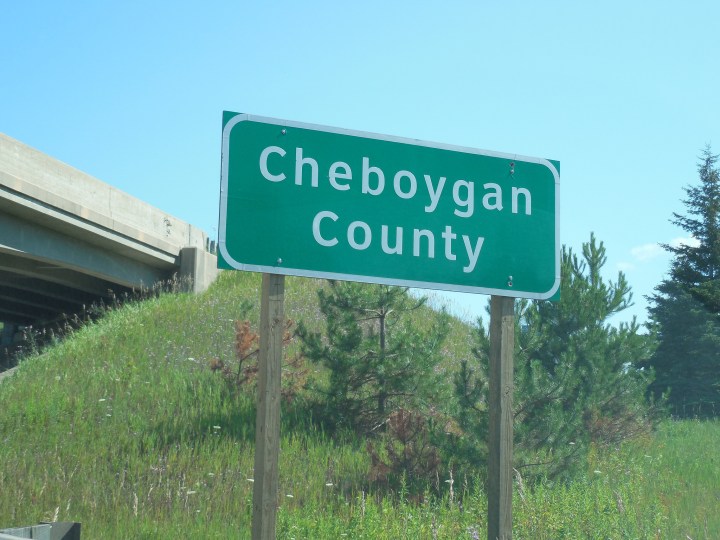
Jimmy Emerson, DVM/FLickr
This native word at first applied to the river and is believed to originally have been "Chabwegan," meaning "a place of ore."
Advertisement
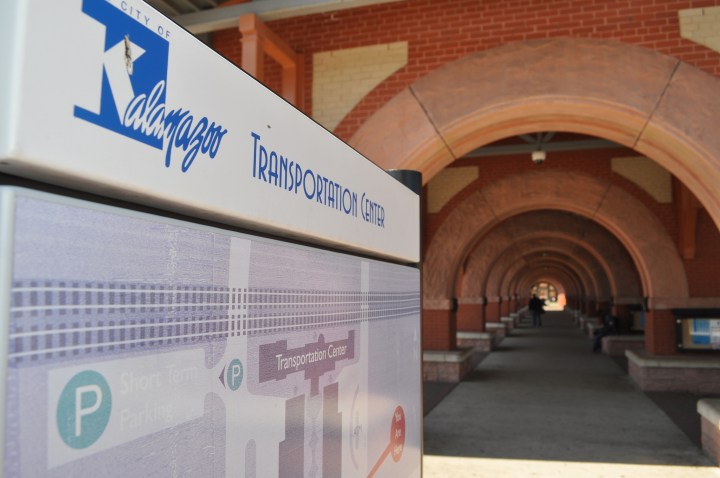
Michigan Municipal League/Flickr
A native word that went something like this: "Ke-Ken-a-ma-zoo," meaning boiling water, otter tail, or reflected water.
Advertisement
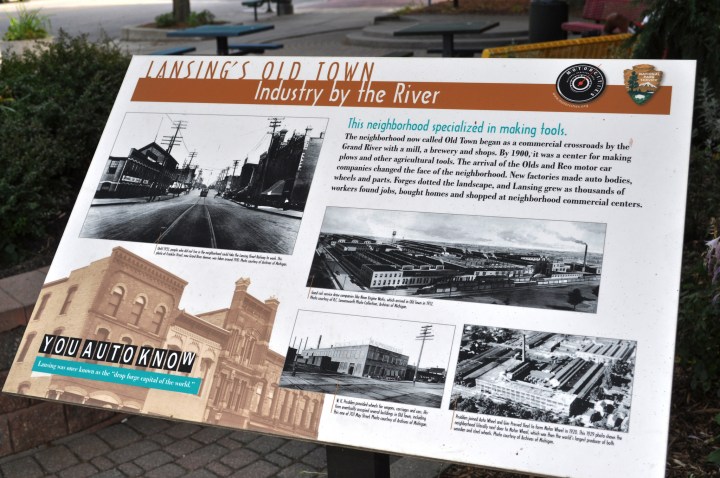
Michigan Municipal League/Flickr
The New York revolutionary war hero John Lansing had a NY city named after him, but when he later settled in Michigan, he named that town after his home town back east. Make sense?
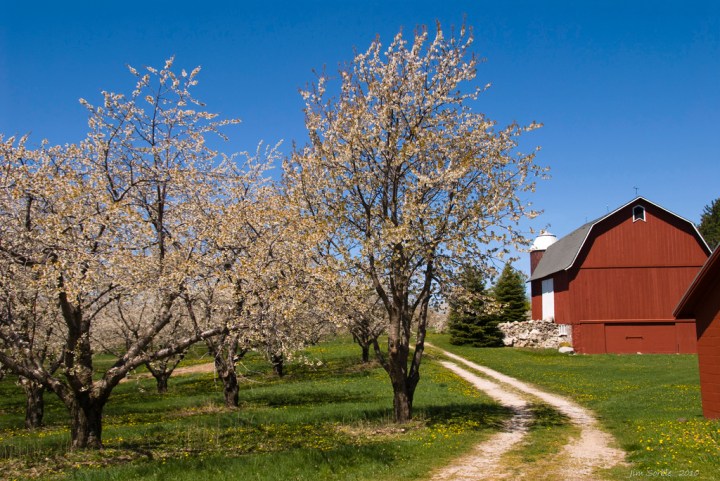
Jim Sorbie/Flickr
Created by Henry Schoolcraft, he gave this name to some of the native women in his stories.

Jim/Flickr
Named after the county's principal river, it is a native language word that means "river at whose mouth there are islands."
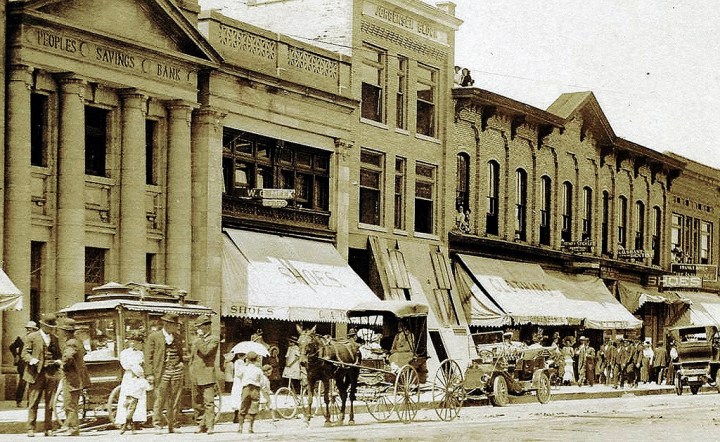
This city was named after the French settler, Antoine de la Mothe Cadillac, who was the founder of Detroit.
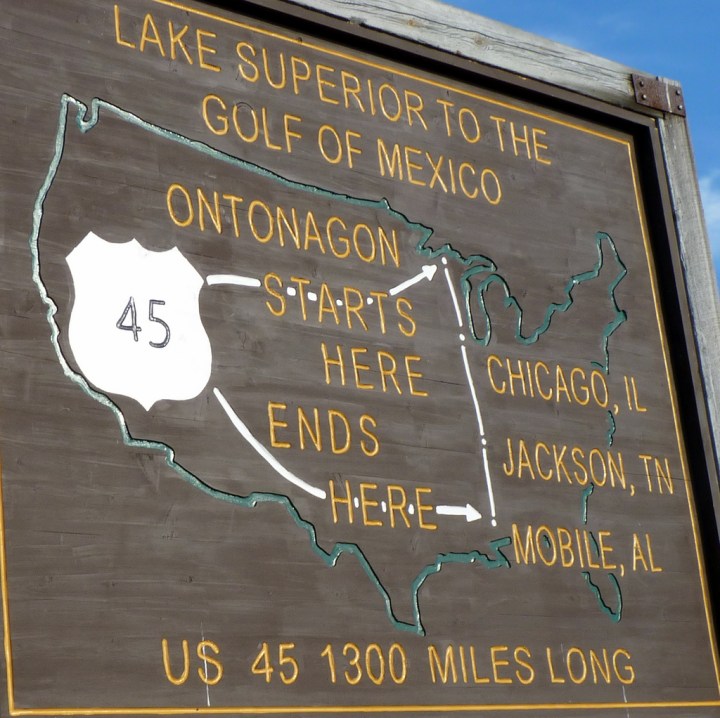
Ann Fisher/Flickr
This village gets its name from the river of the same name, which flows into Lake Superior.
Advertisement
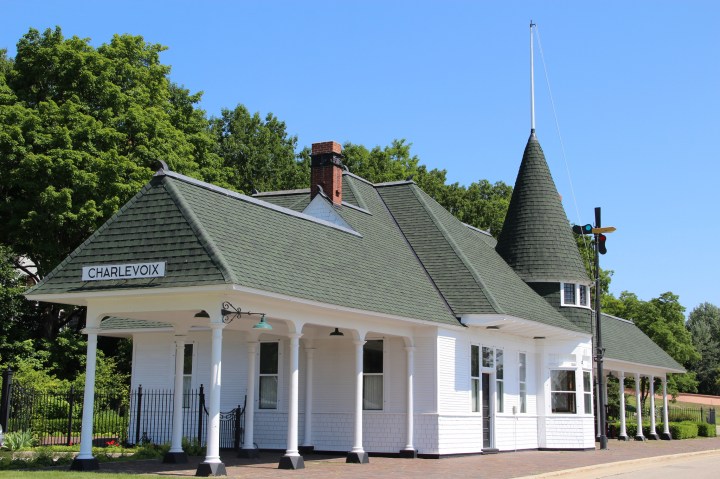
This place was named for the French Jesuit missionary Pierre Francois Xavier de Charlevoix, who traveled the Great Lakes in 1721.
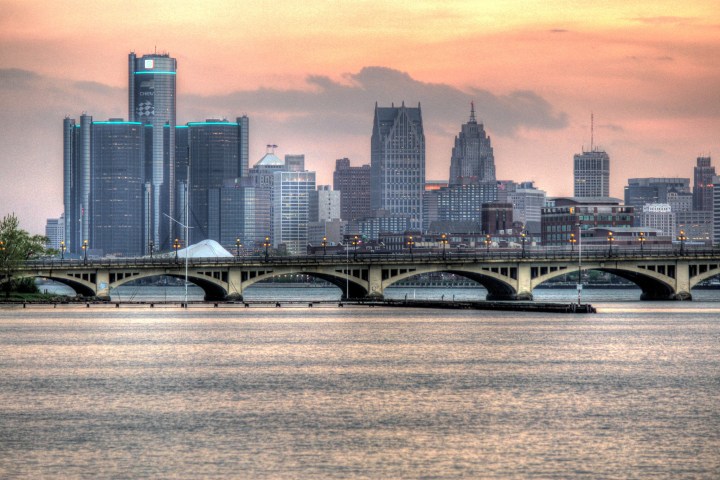
Detroit is named after the river it sits aside. It's a French word for "strait."
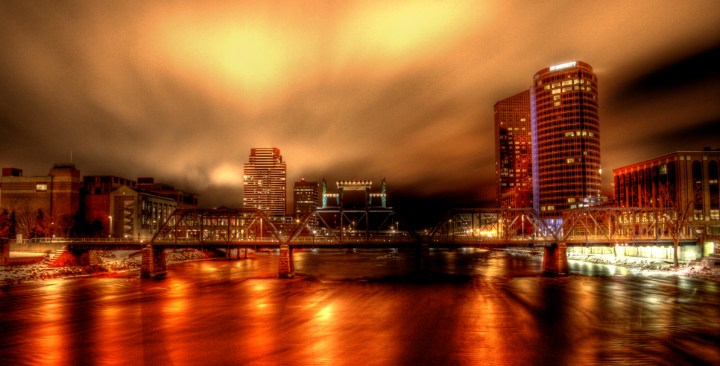
French fur trader Louis Campau gave this city its name when he established it as a trading post and later bought the land for $90.
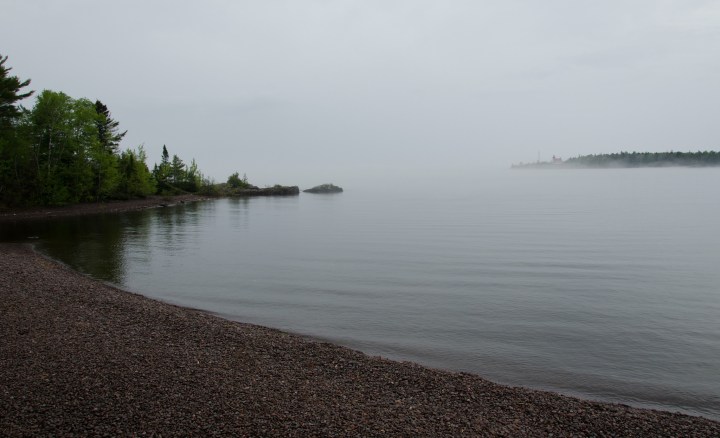
This peninsula is said to have been first known as Chippewa Keewaynan, which stands for "a portage, or a place where a portage is made," by the people native to the land.
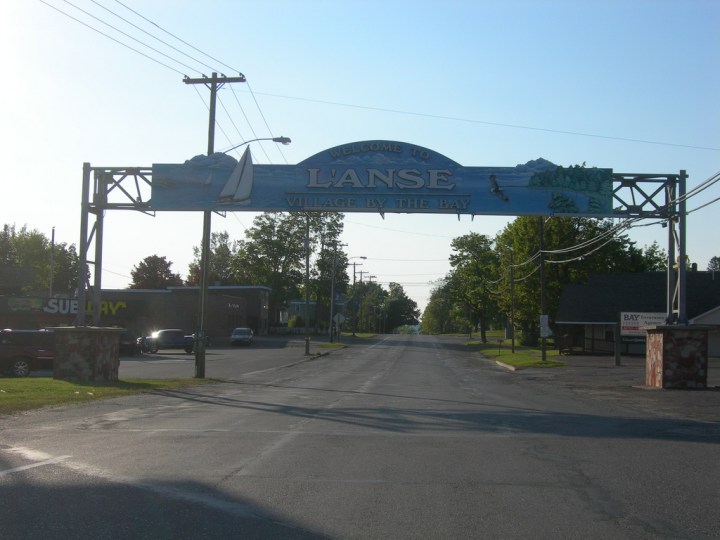
L'Anse comes from the French word for cove or inlet.
Advertisement
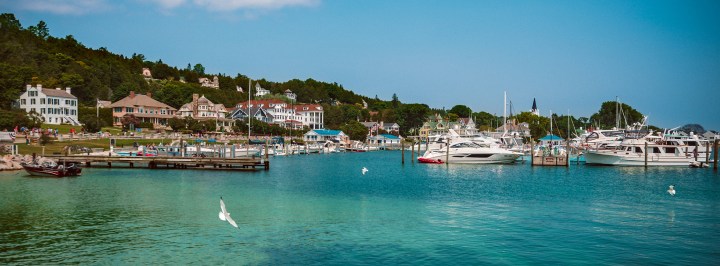
The word Mackinac derives from a Native language word "mitchimakinak,"which means big turtle, for the supposed turtle shape of the island.

The name, of course, comes from the Grand Traverse Bay. The name originates from French traders, who called the region La Grand Traverse, or long crossing.
Nice little history lesson, eh? Tell us, are there any here that surprised you? Or are there places that you think we should add to our list? Let us know!
OnlyInYourState may earn compensation through affiliate links in this article. As an Amazon Associate, we earn from qualifying purchases.


